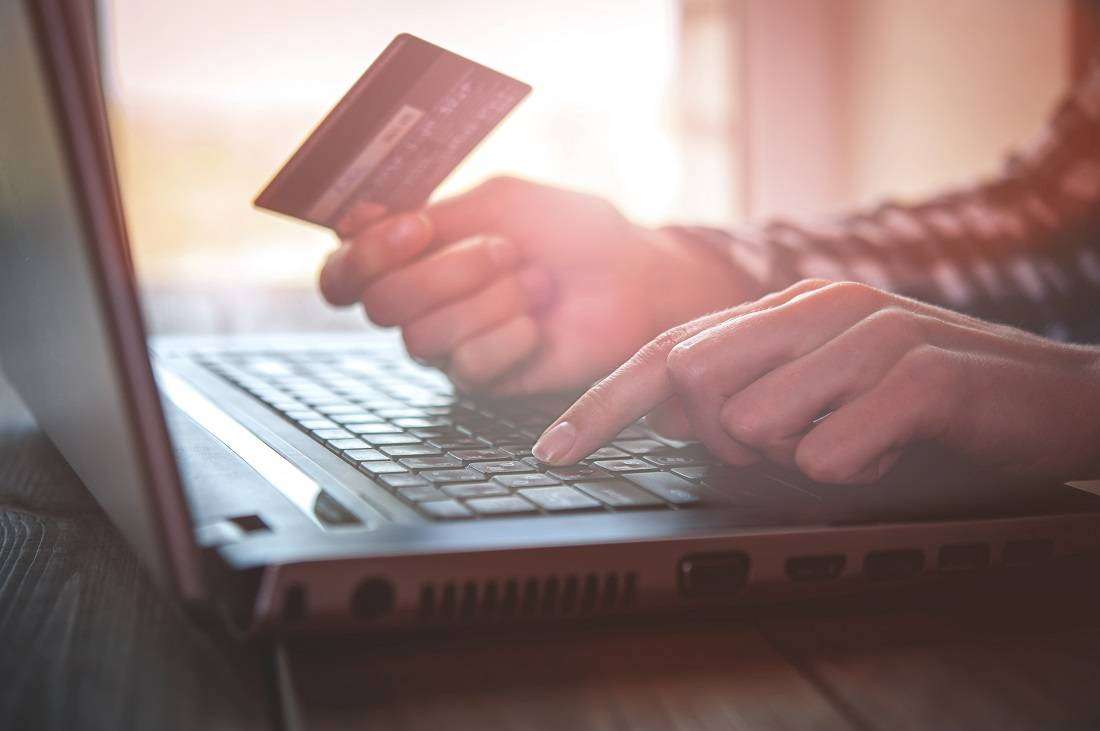If you’re not at home often, Amazon thinks its Key service will be right for you. Amazon Key service gives Amazon’s delivery personnel access to your home so they can deliver packages inside your home. This move should help prevent packages being stolen from doorsteps and mailboxes, and the costs of repeat deliveries should also be minimised.
The service will be tested in 37 US cities, starting from 8 November. It is only available to Prime members, however. It also requires the purchase of the Amazon In-Home Kit, which currently sells for $249.99.
There is plenty of technology behind the service. The kit comes with a security camera and a smart lock. The doors are unlocked only for a few minutes and only when the delivery person is about to arrive. They have to authenticate themselves with a handheld scanner and the motion-sensing camera records the entire delivery. The camera has a speaker through which the homeowner can speak if they connect to the camera via the Amazon’s app. Amazon will re-lock the door after the delivery has been completed.
It’s not difficult to think of scenarios where this can go awry. In fact, this service will be a major test of faith in the largest online retailer. Amazon claims that it will only be able to unlock the door when an order is being delivered. Home access is tied to the orders, so malicious employee cannot gain access to a home at will.
Speaking of employees, Amazon won’t make use of their usual delivery service companies, like FedEx or UPS. Amazon’s independent contractor companies will handle Amazon Key deliveries, and all delivery drivers will undergo background checks. This is the crucial step and safety of the entire scheme will depend on it.
The Amazon Camera can be bought separately from the kit. A potential privacy issue arises with its recordings. They are automatically transmitted to Amazon servers. They are reportedly encrypted and deleted every 24 hours. However, the videos will be analysed for the improvement of the camera’s motion sensing technology. The feature, however, will be opt-in for the time being.
Amazon’s last year has been a resounding success. The company posted earnings far above the analysts’ predictions. It also acquired Whole Foods for $14bn this summer.
With help of its personal assistant, Alexa, Amazon Key is another step in the direction of being as convenient as possible. The goal is to make turn Amazon shopping into a habit by offering simple and hassle-free alternatives to brick-and-mortar grocery purchases.
The company could, in the future, also leverage its Key service to provide a marketplace for home cleaners and repairmen, who would also enter unattended homes.
Whether the customers will value that more than their they value their privacy is an open question. After several incidents occur – and they invariably will – the safety of this feature will also be called in question. For some, that’s a more than acceptable trade-off.







